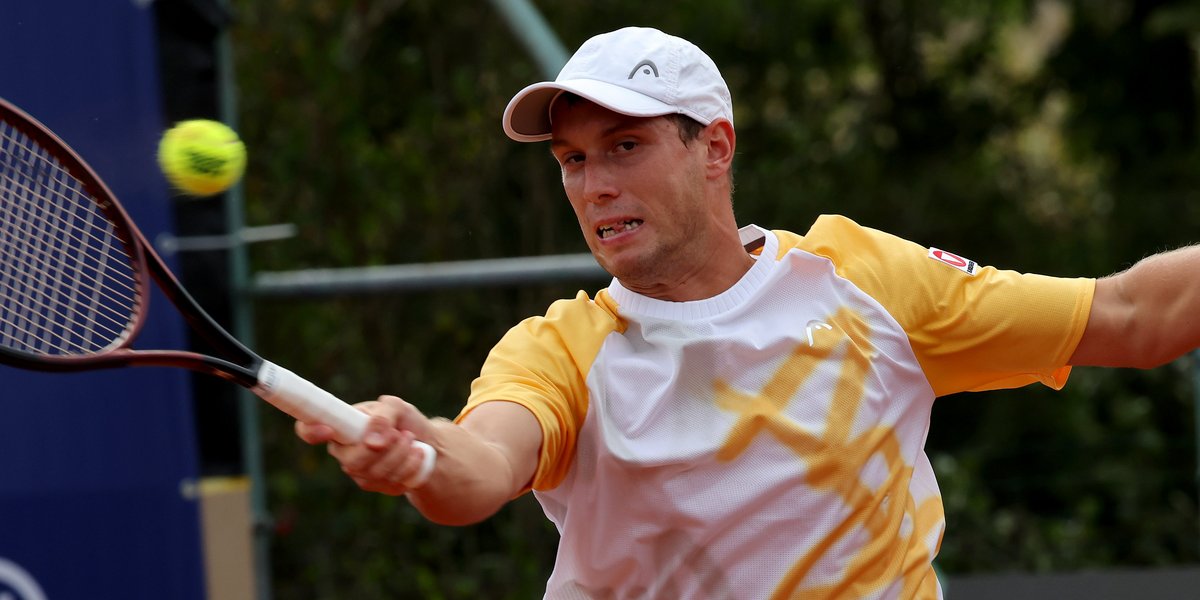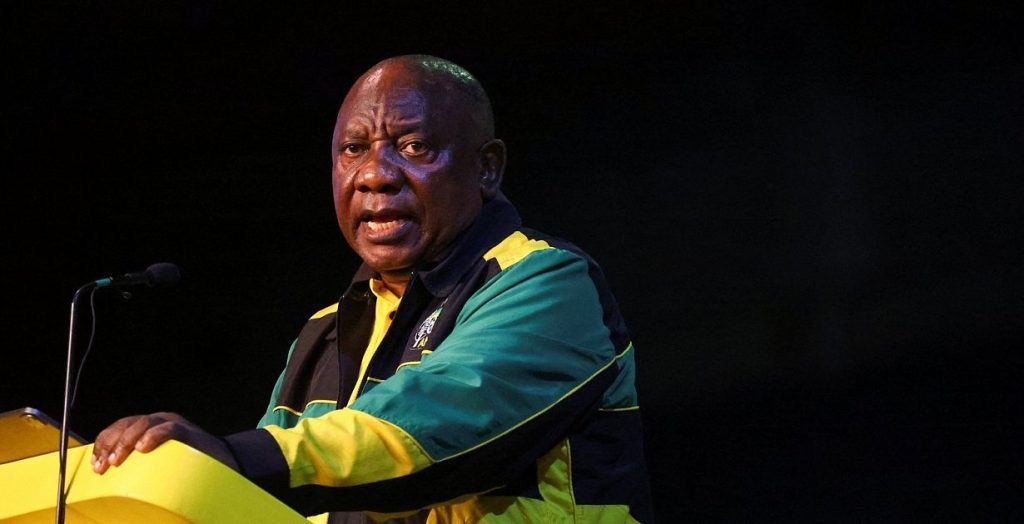US President Joe Biden welcomed dozens of delegations from African countries to Washington this week. The US-Africa summit must renew US engagement and partnership with Africa.
But among all the heads of state and government, one absence stood out. Cyril Ramaphosa, the president of Africa’s most powerful representative and economically the only one among the G-20 nations, did not make the trip to Washington. The reason for this is the internal political problems of South Africa, for which Ramaphosa himself and his party, the African National Congress (ANC), should be largely responsible.
The 70-year-old president narrowly escaped the impeachment the opposition sought, but there are no signs of a quiet lull for him and his divided party. At the ANC conference this weekend, trouble now threatens.
The multi-millionaire and syndicate founder’s career at the helm of South Africa got off to a promising start. In 2018, Ramaphosa succeeded the corrupt and scandal-ridden President Jacob Zuma. Both came from the anti-apartheid struggle and were members of the mega-collection party ANC for decades. However, Ramaphosa, who had previously served as vice president under Zuma, took the reins of government promising to drain the Cape Republic’s deep swamp of corruption, for which Zuma was partly responsible, and to end misrule.
Moderate success
So far, however, Ramaphosa and the ANC have succeeded only to a limited extent. Since he took office, several corruption scandals have surfaced. But South Africa’s problems are not limited to illegal influence and corrupt party officials.
The country has also suffered from chronic energy supply problems for years. The Eskom responsible state facility is in bold red. Necessary maintenance and overhaul of ailing coal-fired power plants has not materialized. The main reason for this was the years of corruption under former President Jacob Zuma. The legacy of Ramaphosa’s promise to overcome – which he has yet to succeed in doing. Power has been cut for hours about every other day in 2022 alone.
But that’s not all: The unemployment rate was more than 34 percent in 2021 and, according to the International Monetary Fund, is expected to rise to more than 38 percent by 2027. Two-thirds of people ages 15 to 24 have no income. Regular paid work. The trend since Ramaphosa took office in 2018 has been increasing. More than half of South Africa’s 55 million people live below the poverty line.
dilapidated photo
However, the lack of reforms in the economy and the energy sector and the lack of progress in combating inequality and poverty can also be partially attributed to the devastating economic hardship caused by the Covid pandemic. In addition, Ramaphosa has to face stiff resistance from within his own ranks. Although the ANC retains a majority of parliamentary seats, the faction supporting Zuma remains a major force in the party four years after his resignation and continues to attack Ramaphosa.
Now, too, allegations of corruption have been raised against Ramaphosa, the self-declared clean guy: according to the former head of the secret service, the president stored large sums of money on his farm and thus may have broken applicable laws. This was also the reason for the impeachment proceedings against him – which the ANC countered with a majority in Parliament.
However, Ramaphosa, whose image as a beacon of hope is crumbling, now faces the next hurdle. The African National Congress’ multi-day caucus kicked off in Johannesburg on Friday. Within four days, some 4,000 members will vote on the leadership of the party. The cries of protest and vandalism that accompanied his inaugural address showed that Ramaphosa would have to fight hard for it.(g)

“Food practitioner. Bacon guru. Infuriatingly humble zombie enthusiast. Total student.”







More Stories
Kyiv: Russian Kursk offensive halted
US Presidential Election: Former US Government Officials Warn Against Donald Trump's Election
Netherlands wants to leave asylum system